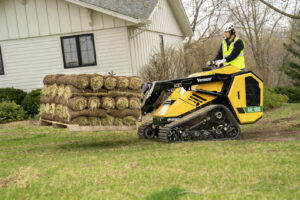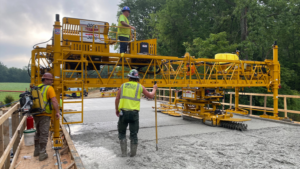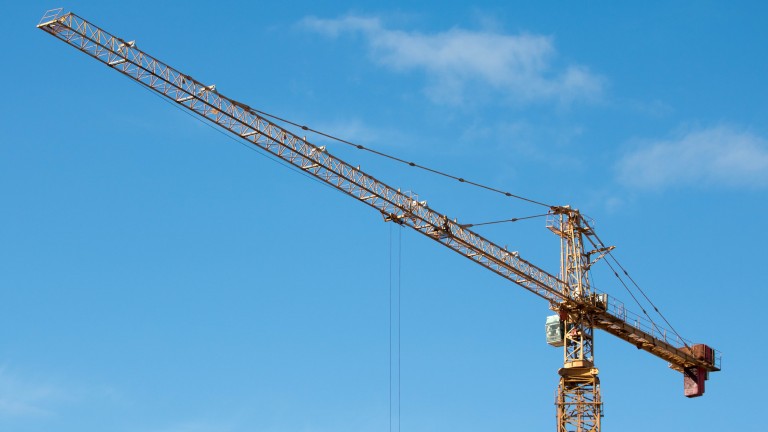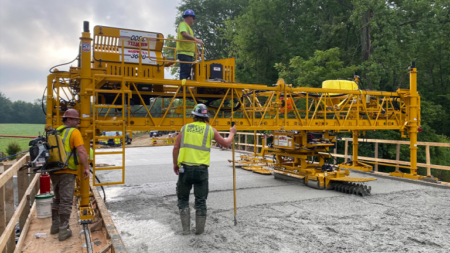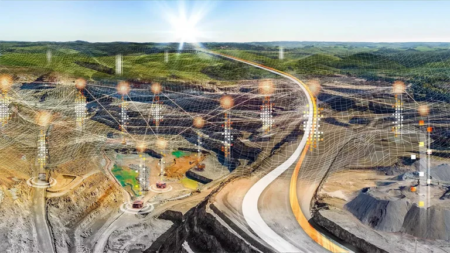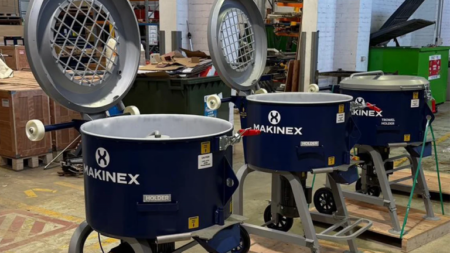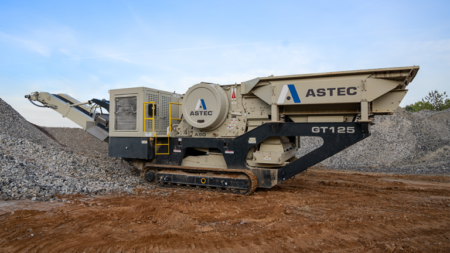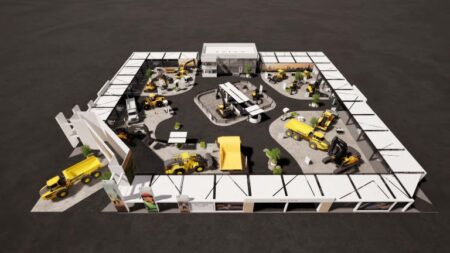On July 12, 2021, a tower crane collapse in Kelowna resulted in one of British Columbia’s deadliest industrial accidents with the deaths of five workers: Cailen Vilness, Jared Zook, Brad Zawislak, Patrick Stemmer and Eric Stemmer. Vilness’ father has raised questions regarding whether his son was properly trained for the job.
“In less than an hour, Cailen got training before he went out there to dismantle the crane. Who is responsible to decide he was competent enough to be doing that job?” says Cailen’s father Chris Vilness.
While construction always comes with its fair share of risks, having workers who are poorly trained exacerbates those risks to the extreme.
“This industry can’t be a free-for-all. Five people passed away including my son Cailen, due to a lack of training. This industry has to be regulated,” says Vilness.
Following the RCMP’s announcement that it has recommended that the BC Prosecution Service pursue one charge of criminal negligence causing death, the union that represents hundreds of crane operators and workers that erect, climb, reposition, and dismantle tower cranes across B.C. is calling on WorkSafeBC to release its report into the tragic 2021 crane collapse.
WorkSafeBC and the Kelowna RCMP launched parallel investigations following the collapse of the Kelowna crane. As of May 16, 2023, WorkSafeBC had completed its investigation but deferred releasing results until the RCMP concluded its criminal investigation.
“The regulator (WorkSafeBC) has known the results of its investigation for too long and to not share it with the industry and the families who lost loved ones makes it very difficult for the industry to help prevent and improve safety as it relates to workers that work near and with tower cranes,” says IUOE Local 115 Assistant Business Manager, Josh Towsley.
IUOE Local 115 has called for the following:
- WorkSafeBC immediately release the results of its investigation into the July 12, 2021, Kelowna tower crane collapse;
- Upon release of the investigation reports, the Provincial Government and WorkSafeBC consider additional legislative and/or regulatory changes to improve tower crane safety;
- Mandate contractor licensing and certification for all workers that assemble, erect, climb, reposition, or dismantle tower cranes.
“Today’s announcement of criminal charges into this tragic event highlights the future risks to workers and the public, and should provide the impetus for B.C. to mandate licensing and certification for all workers who assemble, erect, climb, reposition, or dismantle tower cranes,” says IUOE Local 115, Business Manager Brian Cochrane. “B.C. missed the opportunity to lead immediately following the Kelowna crane collapse. Now we must be leaders in tower crane safety across Canada to ensure this never happens again.”
For Cailen Vilness’ father Chris, new regulations are required to avoid similar catastrophes in the future.
“This could happen to your own son and to your own daughter. It’s not just the people working around the equipment that are impacted by this work. It’s the people walking and working around these construction zones,” says Vilness. “Cailen, Brad, Jared, Eric, and Patrick all had futures and families. Everyone should care because their lives matter, just like yours.”
In 2009, Sam Fitzpatrick was killed near Toba Inlet when a boulder dislodged and rolled down onto him while working on a hydroelectric project. In 2012, two mills exploded in Northern B.C., killing four people and injuring 43 others. But there was little to no accountability for those responsible. IUOE Local 115 is trying to change that trend with the Kelowna crane collapse.
“Both of these workplace tragedies failed to hold people accountable for the deaths of these workers. When workers are killed on a job site there needs to be consequences. The families who have suffered loss deserve justice and workers throughout B.C. deserve to know employers can be prosecuted when workers are killed or severely injured at their workplaces,” says Towsley.
Read the full article here


